Remembering Why We Preach
By Karla J. Bellinger and Michael E. Connors, C.S.C. (Ave Maria Press, 2022)
How can preaching foster encounter between God and a congregation? How can a homily make the paschal mystery come alive? What makes a homily not just stir listeners’ emotions and intellect but also inspire them to action? Remembering Why We Preach is a practical guide that explores these questions with the aim of helping preachers improve as spiritual leaders.
The book’s target audience is preachers who serve in the trenches, seeking to break open the scripture in relevant and engaging ways for their congregations. Though intended for use in peer groups of preachers, the content could be used for individual reflection. Each of the eight chapters concludes with discussion/reflection questions, concrete activities and a QR code to scan to access more material for study. Bellinger and Connors skillfully balance the practical, pastoral, and spiritual dimensions of crafting and delivering a homily in the book’s eight chapters, with the first half focused on personal spiritual renewal and the second half on connecting with one’s congregation. While the book has end notes and draws on homiletics, it is accessible and feels practical rather than scholarly.
The chapter on preaching as pastoral practice, perhaps the strongest section, focuses on the importance of considering how listeners listen. Drawing on Pope Francis’ words in Evangelii Gaudium (The Joy of the Gospel), Bellinger and Connors challenge preachers to keep in mind the various kinds of people who listen to preaching: “left-brain thinkers, right-brained imaginers, and heart-focused people.” Each listener will be receptive to different elements of a message, so a homily’s main point must be presented in different ways.
Remembering Why We Preach offers a wealth of timely and accessible tools for preachers to deepen their own vocation and strengthen their ministry to their communities.
—Rhonda Miska
Becoming Kin
By Patty Krawec (Broadleaf Books, 2022)
“We need to become kin.” This message weaves through Patty Krawec’s book, connecting her stories and those of her ancestors with the societal and environmental crises of today. Krawec, an Anishinaabe author from Lac Seul First Nation, tells these stories, “not so that you can claim them as your own but so that they can provide a lens through which you can see your own stories differently.”
Kinship, for Krawec, does not erase our differences; instead, it teaches us to utilize them creatively, in ways that benefit the entire planet. Kinship allows us to build on pre-existing connections. It is an ongoing, often difficult conversation that seeks to expand mutual understanding while promoting cooperation and healing. The first step, Krawec believes, is to “unforget” the painful or shameful history we have hidden.
Euro-American thinking tends to sever present from past, as though “now” exists altogether separate from “then.” We reassure ourselves that our ancestors’ actions have nothing to do with us; we didn’t steal the land we live on, separate children from their parents, enslave, torture, or murder. But cutting ourselves off from the past cuts the ties of kinship between us. “The divisions between us are only possible because we have forgotten our history,” writes Krawec. “Unforgetting is the process of reclaiming that knowledge.”
Krawec’s message is both challenging and practical. Land acknowledgements are not enough, she writes. We need to acknowledge our failures to be in relationship with one another, in the present—then plan how to rebuild the ties of kinship. At the end of each chapter, Krawec offers suggestions for action. Find groups led by Indigenous people and, with “humility and respect,” ask how you can help. Begin small, she says, but begin—to once more be part of the Earth’s great, ongoing conversation.
—Ellyn Sanna
Briefly noted:
What Makes You Come Alive: A Spiritual Walk with Howard Thurman
By Lerita Coleman Brown (Broadleaf Books, 2023)
Brown beckons readers into their own apprenticeship with Howard Thurman, the civil rights leader who championed silence, contemplation, common unity, and nonviolence.
Jesus, Jubilee, and the Politics of God’s Reign
By Christian T. Collins Winn (Eerdmans, 2023)
Collins Winn demonstrates how Jesus’ life, passion, and resurrection convey the justice of Jubilee and the urgency of apocalypse in contemporary struggles for social justice.
Feed the Beast
By Pádraig Ó Tuama (Broken Sleep Books, 2022)
The poems in this collection wrestle with sexuality and religion, including the world of conversion therapy. Ó Tuama searches for language that honors hunger, rage, and resilience.
This article also appears in the April 2023 issue of U.S. Catholic (Vol. 88, No. 4, page 39). Click here to subscribe to the magazine.


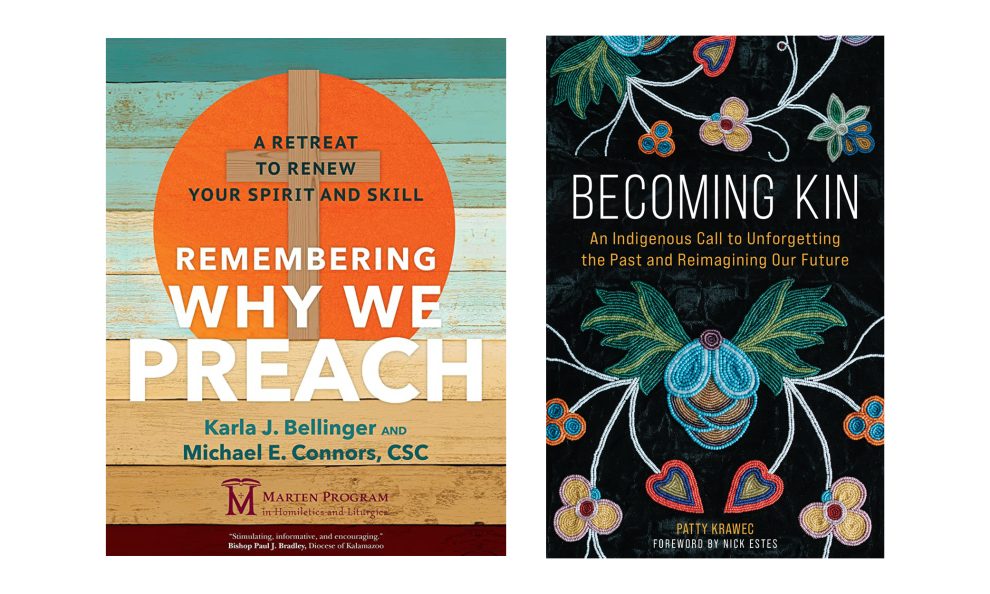
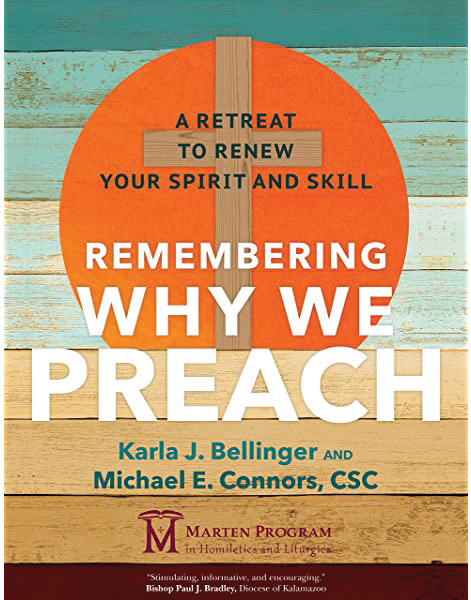

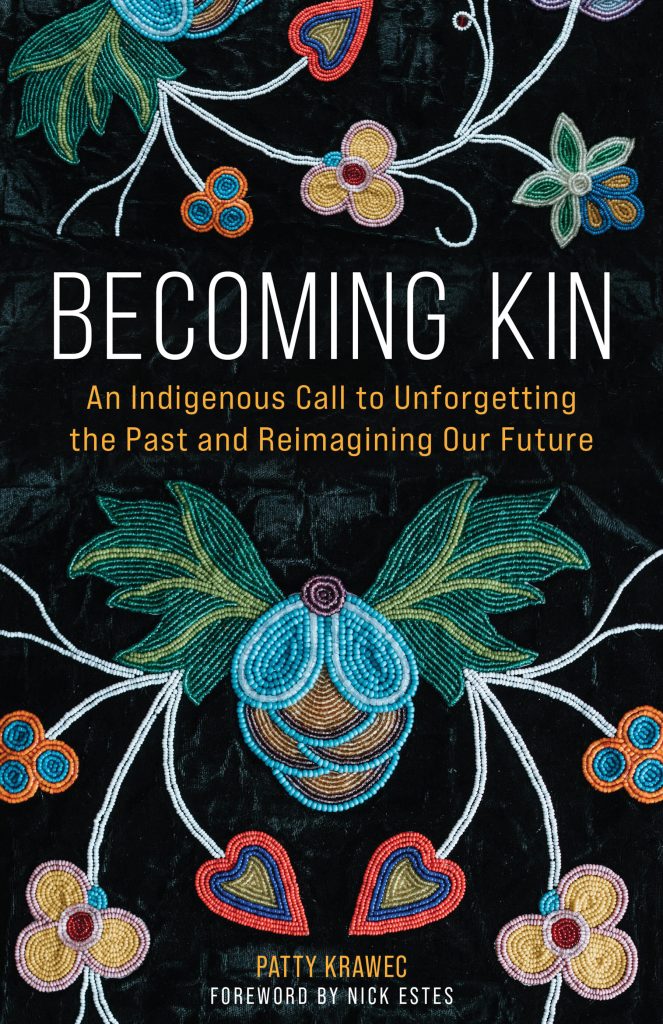
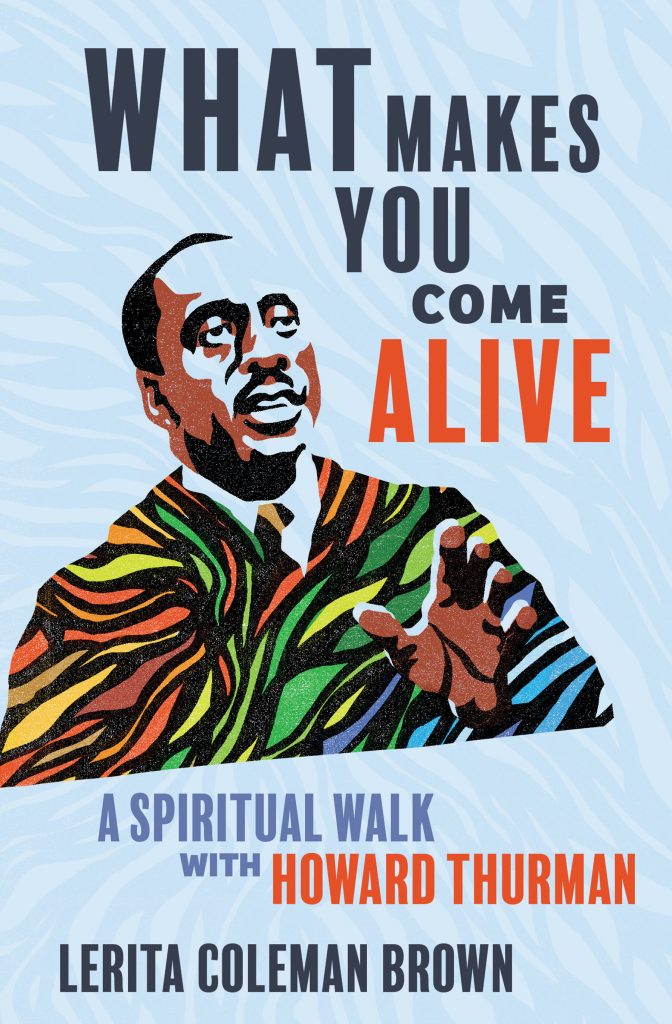
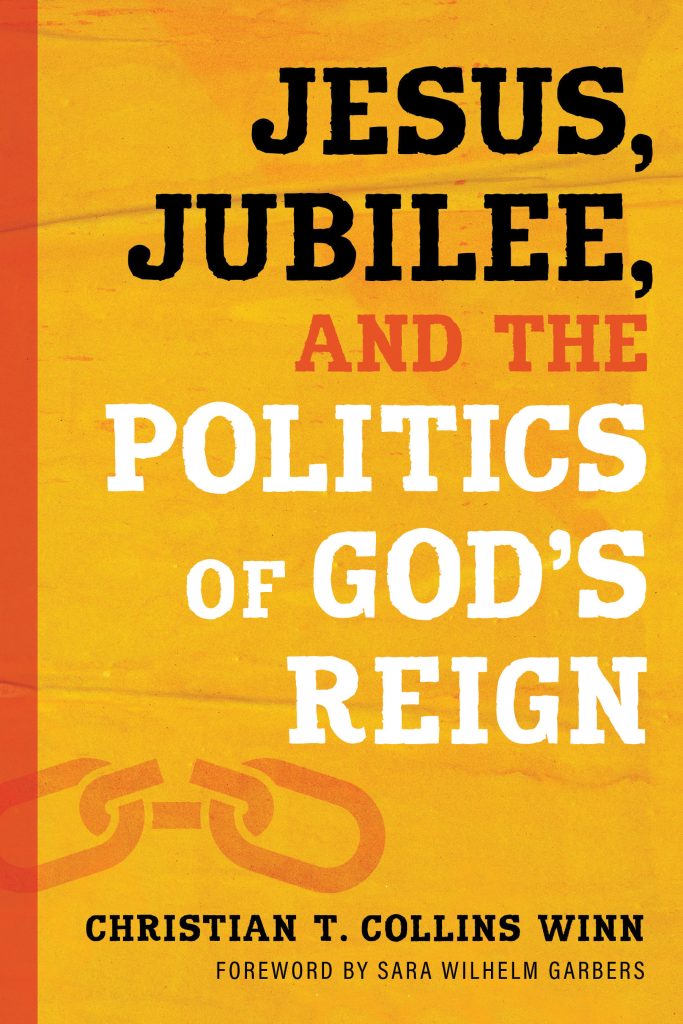
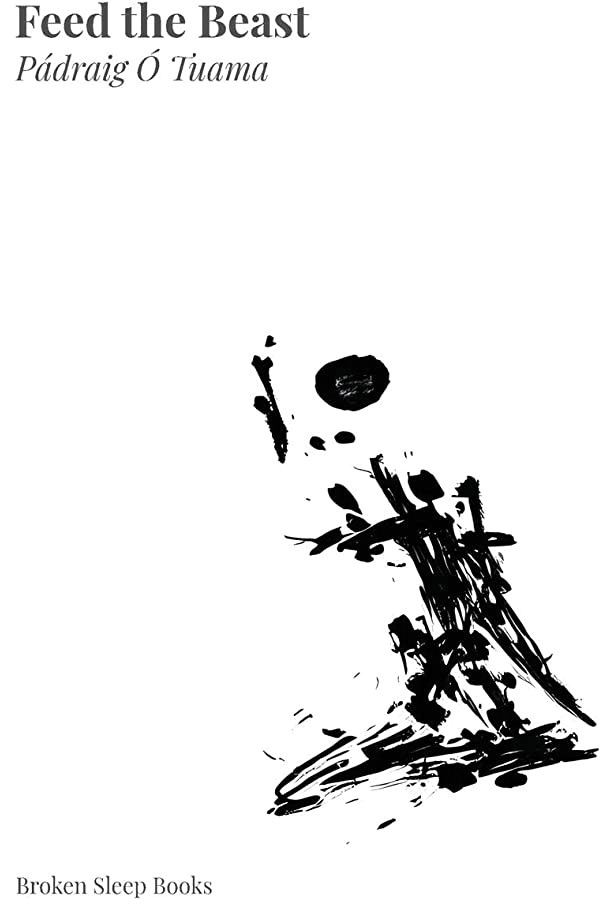











Add comment